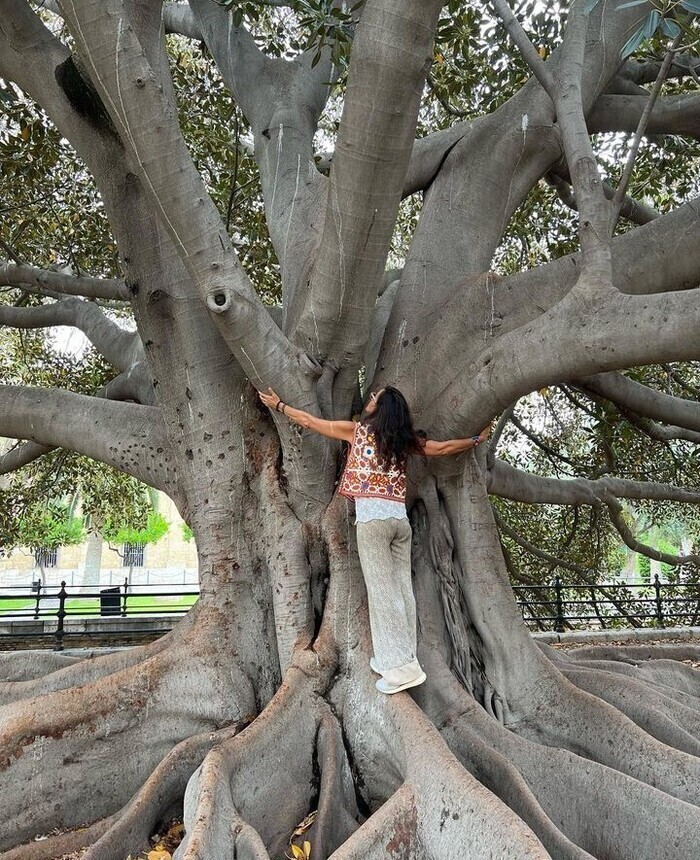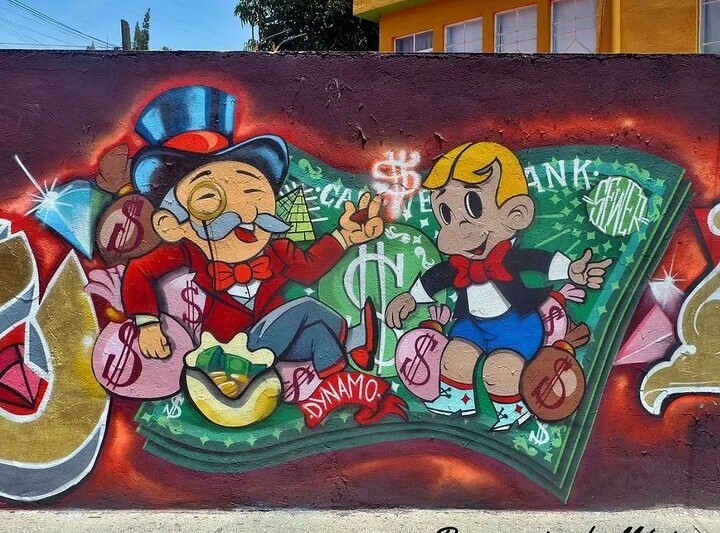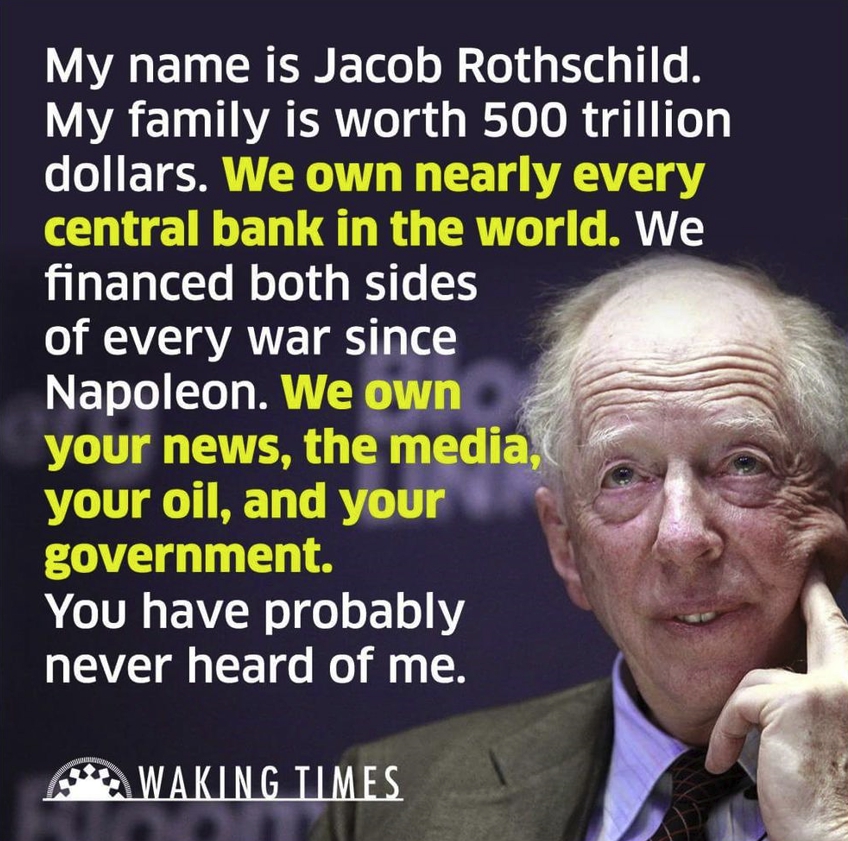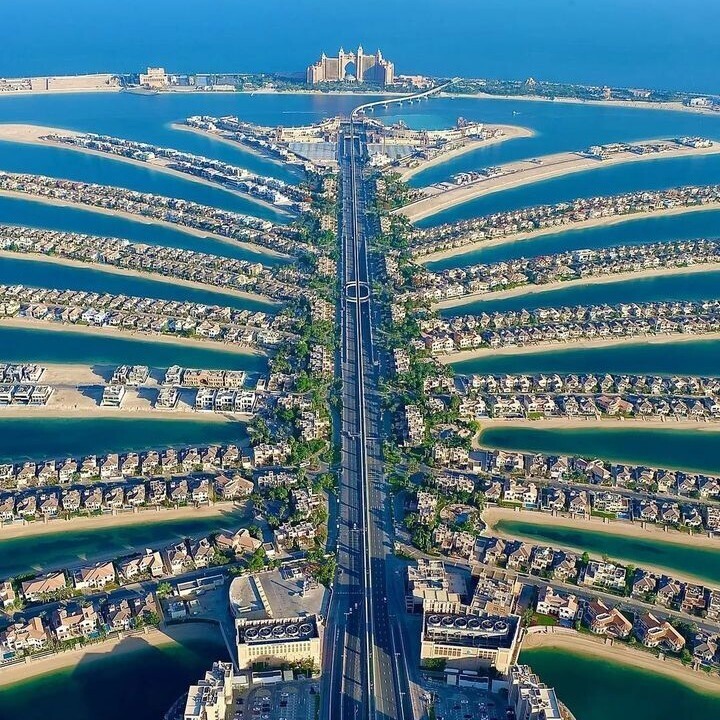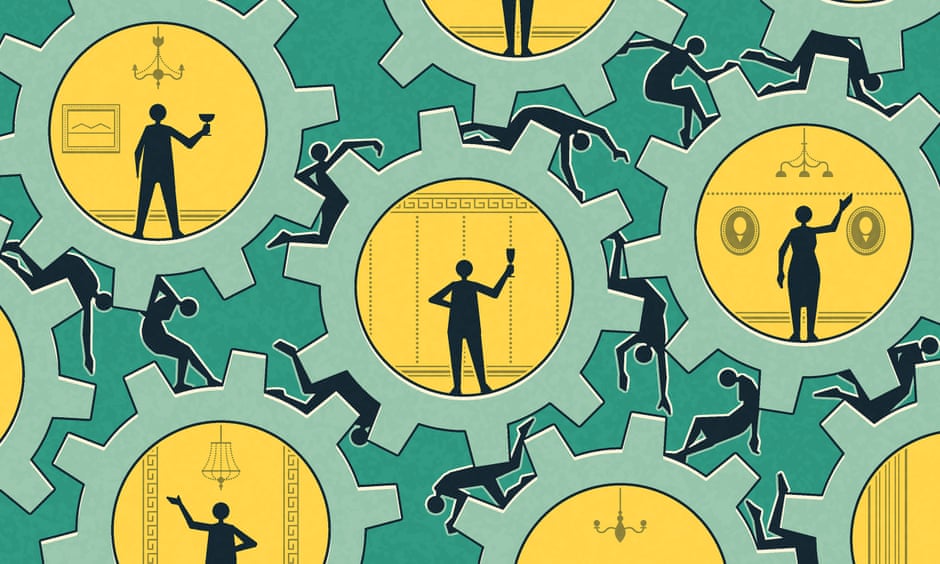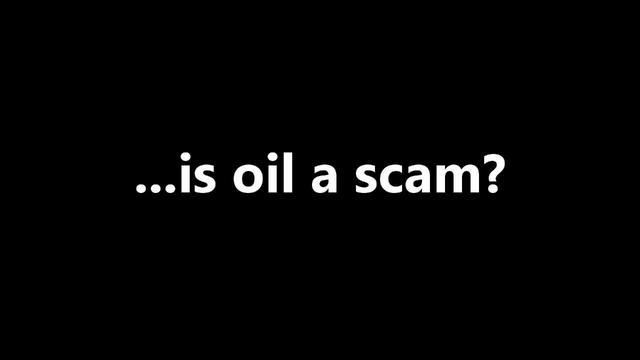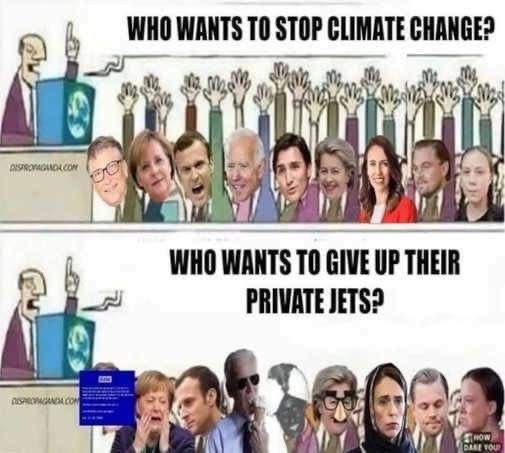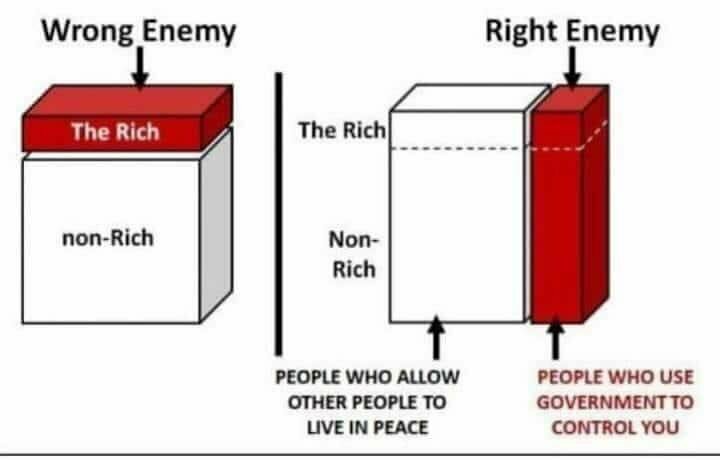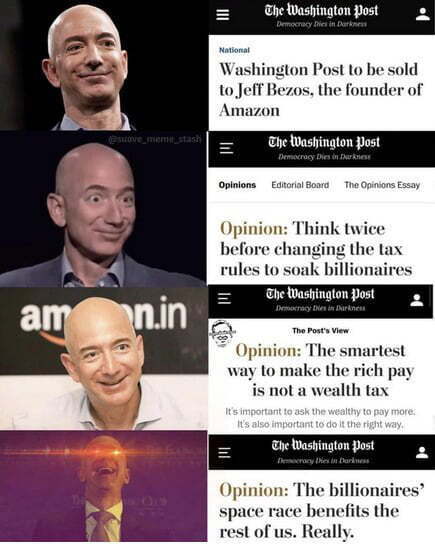What is it worth to us to preserve the #world as we know it for the next #generation?
I think every halfway intelligent person knows that our prosperity is based on exploiting large regions of this world. If everyone wanted to live like the average North American, the resources of this planet would not be sufficient.
Now it doesn't matter how you feel about #climate change, but this way of life promotes wars and #exploitation. There is even the thesis that #capitalism works best through #war. But these wars consume additional #resources apart from being immoral and against human rights. Wars like the one in #Ukraine reduce #food exports to countries that are threatened by #hunger. This destabilizes the #government there and promotes civil wars.
This ultimately leads to the compelling #question of whether we are not prepared to do without in order to preserve the basis of #life for all of us and, in particular, for the next generation?
- The billionaires would rather take a vacation in space.
- The millionaires do not want to give up their private jet.
- The upper class does not want to do without their own yacht.
- The middle class does not want to give up vacationing in the Bahamas.
So those who should save are the poor, who already barely have enough to get by until the end of the month.
Now let's try to imagine what would happen in the U.S. if, in a year, hurricanes destroyed the East and South coasts, forest fires destroyed California, and the Midwest couldn't harvest anything because of drought. Where would the relief supplies go then? Would our politicians get their act together or would there be civil war over the remaining resources?
The Amazon rainforest is limited in extent and growing in diversity. With this methaphor I want to allude to the infinite economic growth in a finite system. What is it that grows with economic expansion? It is ultimately a number that only means that the future should be better than the present. So as long as it is just a number and not destroyed #environment for ecological #profit, there is nothing wrong with economic growth.
I don't think it helps to save the world with bans and you shouldn't tell people how to live. I can't tell someone to ride a bike instead of a car if that person doesn't want to. What I can do is prescribe that there are no emissions because the atmosphere belongs to all of us and must be preserved at all costs. This is not a limitation of our freedoms but serves to preserve our #freedom.
In a #democracy, the #people should be the sovereign. But what if companies become too big to fail or even more powerful than the government? Now, if you were to introduce a limit that made it unattractive for a company to grow beyond a certain point, then those companies would split into many smaller companies. This would give us a lot of small companies growing in diversity. It wouldn't be #socialism if we tied the highest #salaries to the minimum wage by some factor. You could still get rich but not so super #rich that you could buy the government. This is primarily about the #solidarity of society and not about the fact that everything belongs to one person.
What we are practicing at the moment is contrary to democratic #society and will destroy it in the long run.
#humanrights #future #earth #nature #emission #humanity #justice

